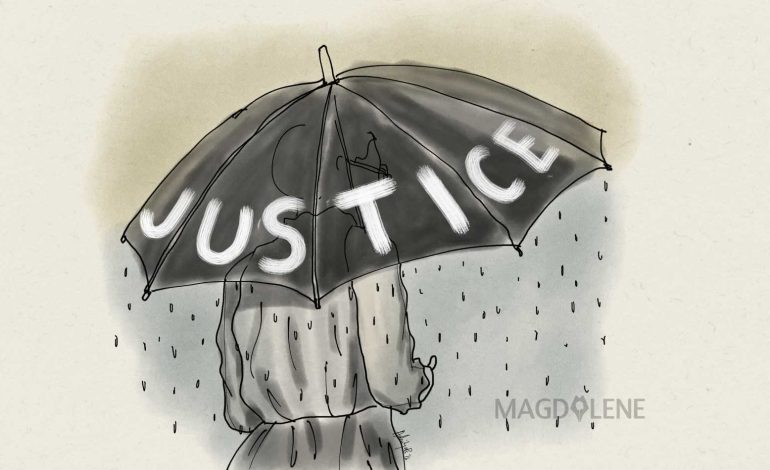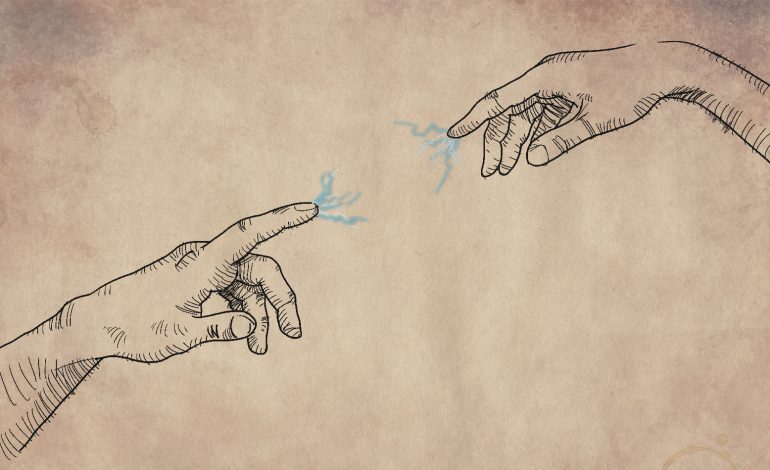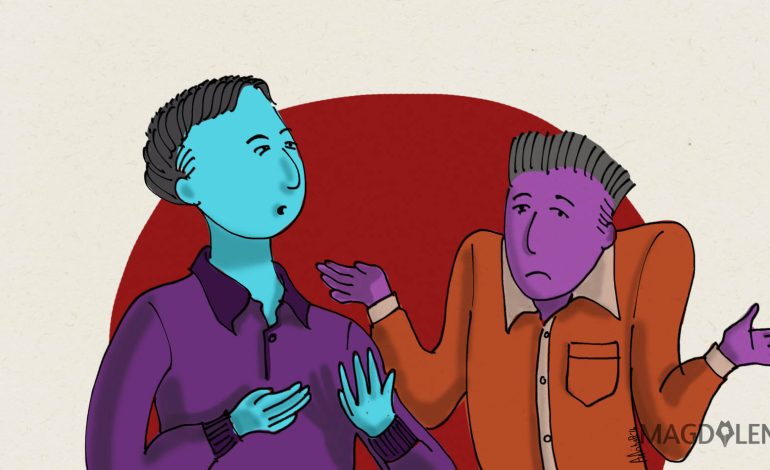Eighteen Years of Seeking Justice

Six months after the collapse of the New Order regime in May 1998, students and civil society groups took to the streets to protest against the Special Session of the People’s Consultative Assembly, calling it unconstitutional and a way to preserve the status quo. The protests soon turned into what will later be called the “Semanggi Tragedy”, named after the four-leaf clover junction near the epicenter of the event, when authorities began shooting at the protesters. At the nearby Atmajaya University, several protesters were shot dead, including one of its students Bernadus Realino Norma Irmawan or Wawan.
The death of Wawan and his fellow protesters caused a deep grief to their families, but it has also ignited perhaps the longest-running campaign for justice for victims of human rights abuses in Indonesia. Since January 18, 2007, families of those killed in the shooting has gathered every Thursday in front of the Presidential Palace to remind people of the severe human rights violations that took place then, and to urge fair trial and punishment for those responsible for these events.
Maria Katarina Sumarsih, 65, remembers the moment that changed her life forever like it was yesterday. On the evening of November 13, 1998, a Friday, Sumarsih, her husband, her sibling, and her in-laws rushed to Rumah Sakit Jakarta, the hospital nearest the site of the shooting, after receiving a call informing her that Wawan had been shot. Upon arriving, they were told to look for him in the basement, where the morgue is usually located. There they found some caskets lined up, and in one of them was Wawan’s body.
In her grief, she wanted desperately to bring her son’s remains home, but Chief Investigator at Jakarta Military Police Wempi Hapan asked that the body be autopsied at the state-owned Cipto Mangunkusumo Hospital (RSCM). Though Sumarsih was hesitant at first, she eventually agreed after being told that an autopsy was akin to a small procedure.
With the protests and the shooting still ongoing, the trip to RSCM was rough. “The ambulance driver repeatedly shouted, ‘Get your head down! Get your head down! They’re shooting at us’,” she recalled.
Later the forensic doctor concluded that Wawan was shot with a sharp bullet that is the standard ammunition of the Indonesia National Armed Forces (TNI). The rest was history.
It took awhile before Sumarsih could overcome her grief. For several days she could not eat. She took three months off from work at the Secretariat of the House of Representatives. Until today, she still hasn’t regained her appetite for rice. But one habit that she continues to do these days is laying out a plate, fork, spoon and glass at the dining table, as if her son Wawan would join them for meal.
Since that day, Sumarsih has been trying to seek justice. In early January 2007, she and other family members of human rights abuse victims in a group called Solidarity of Victims for Justice Network (JSKK) agreed to hold a “silent protest” every Thursday at 4-5 p.m. This later became known as “Thursday Movement” (Aksi Kamisan or just Kamisan).

Kamisan was inspired by a similar movement of Argentinian mothers who used to stage rallies at Plaza De Mayo, the main square at Buenos Aires across the Presidential Palace. The women were demanding investigations into the disappearance of their children and husbands under the military dictatorship regime of Jorge Videla.
In the last nine years the Thursday Movement has provided a place to channel the voice of families of victims of other human rights abuses perpetrated by the State, from forced evictions, persecuted religious minorities, to LGBT community. Every week, the movement is participated by about 70 people, each carrying a black umbrella calling for justice for the different cases.
“Umbrella symbolizes protection,” she said, adding that the Presidential Palace was chosen as a venue because it represents power.
“If we cannot get protection from the country in this world, we’ll get it from God. If we cannot have justice in this world, we’ll have it from God.”
Black represents her undying love for Wawan: “I love him though he had passed away. My love for him is the same as my love for other victims. Our grief has been transformed into courage to uphold the law and human rights.”
Kamisan has received the attentions of many people, with some providing helps to them. One civil society organization routinely gave transportation fund for families of the victims. Others express their sympathies by donating food and drinks.
There are the occasional critics, however.
“A reporter once asked us why we let the victims of the 1965 events join us,” Sumarsih recalled, citing the year when the violent purge of communist sympathizers by the State that led to the death of hundreds of thousands in Indonesia began.
“I told the reporter that this movement has nothing to do with ideology. It’s purely about humanity.”
Sumarsih’s family is very supportive of the movement. Her husband Arief Priyadi is a scholar at the Centre for Strategic and International Studies (CSIS) and before the Kamisan started, he was also involved in the advocacy for the shooting victims, though currently his work schedule prevented him from active involvement.
Since it started, Kamisan has only been accepted by one president, Susilo Bambang Yudhoyono, in 2008. In fact, since November last year, the movement has started to feel the squeeze, with police forcing them to disperse. A couple of times the activists were allowed to stay after they negotiated with the police.
She recalled what happened at a recent Kamisan in early January: “Right after we opened our umbrellas, the police began coming at us from right, left, and back. They were instructed to take us, though that didn’t happen.”
She would’ve liked to be taken to the police station, she said. At least there the group would have the police’s ear with the hope that what they demanded would eventually reach the President. The police have a reason to disperse them, she said. Article 9, Law No. 9, 1998 about Freedom of Expression in Public rules that a public protest must be conducted at a minimum of 100 meters distance from the fence of the presidential palace. But this law was never really enforced before.
“Yes, I break the rule that says protests must be at least 100 meters away from the fence, but the government broke the law by killing my son,” she would tell the police.
Despite the challenges and obstacles, Sumarsih doesn’t let them discourage her.
“Sometimes I feel pessimistic about our fight, because it is exhausting to keep on going. But I place my hope in Jokowi, because he has committed to resolving human rights abuse cases and ending impunity,” she said, referring to President Joko Widodo by his popular moniker.
“In his speech on December 10, 2015, the President said that taking steps of reconciliation as well as taking judicial and non-judicial measures requires courage, breakthrough and improvement for the better. This gives me hopes,” she added.
This story was originally written in Bahasa Indonesia and was translated by Ayunda Nurvitasari.
Photos by Wulan Kusuma Wardhani and courtesy of Olin Monteiro.
Read Wulan’s story about how refugee girls find fulfillment through futsal.






















